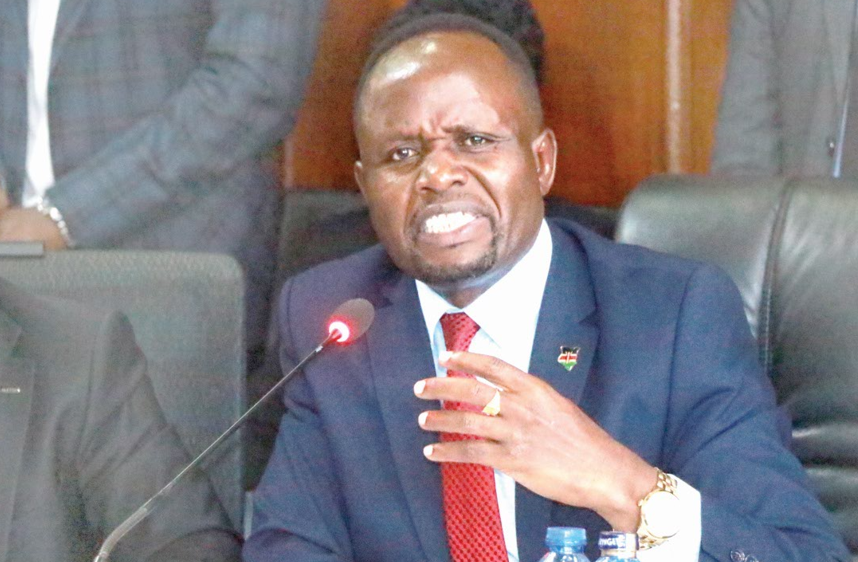Mama Ngina University don defends fund model

The new higher education funding model has been cited as essential in affording learners from vulnerable backgrounds access to higher education.
Prof Zipporah Ng’ang’a, the principal in charge of Mama Ngina University noted that the new model is designed to provide essential support to students from diverse backgrounds thereby fostering an inclusive education environment by enhancing access to higher education.
Speaking during the matriculation ceremony that saw the university welcome its fourth cohort of over 500 first-year students, Prof Ng’ang’a lauded the model as one that introduces a tripartite system consisting of household contributions, loans and scholarships.
“The model will ensure Universities cover the cost of the programmes, compensate staff while reducing the financial burden on students,” she said adding that it benefits learners in both public universities and Technical Vocational and Training Institutions (TVETS) through loans and scholarships.
She described the previous funding model as unfit as it guaranteed every student 80 per cent loans which has since become unsustainable due to increase in total student population.
Introduced by President William Ruto in May last year, the model seeks to bridge funding gaps and bring to an end university struggles that were at the verge of affecting the quality of education offered by higher learning institutions.
The new model has been cited as having offered a lifeline to less fortunate students who are now getting 95 per cent funding while those from able families are getting 60 per cent.
In the current arrangement, students who have been categorized into five groups using the Means Testing Instrument must apply to get funding, a move that is said to offer all learners a fair share of resources.
Budgetary allocation to universities has increased in this financial year from Sh45 billion to Sh82 following introduction of the new funding model.
Meanwhile, Prof. Ng’ang’a urged the new students to align themselves with core values of the university and endeavour to pursue the opportunities at the higher learning institution to better their future.










